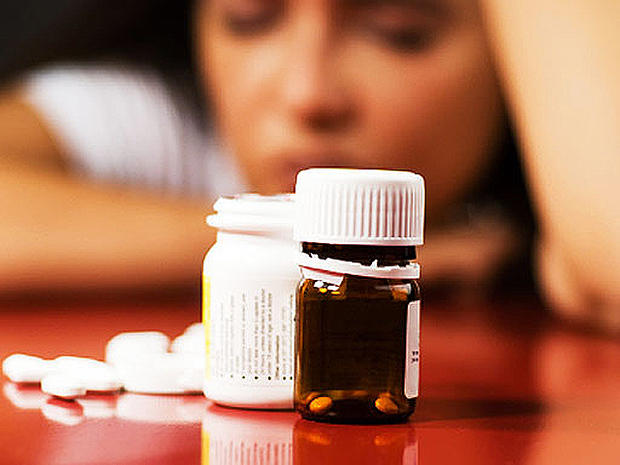7 Signs You May Be Addicted to Prescription Medication
Prescription drugs have become increasingly prevalent in modern-day society, and these medications are being prescribed to patients at an alarmingly high rate. There are a number of reasons a medication may be prescribed, including chronic pain, anxiety, depression, attention deficit disorder, and many more. However, these medications carry a number of highly addictive properties, making them potentially dangerous when taken over prolonged periods of time or in high amounts.

If you are currently taking prescription medication, it is important to be aware of how you are taking it and your feelings towards your medication because addiction can have a number of negative effects on your health. Here are seven signs that you may be addicted to prescription medication.
1. You have been taking your prescription for a long time
Prescription drugs are designed to treat serious issues in the short term. However, when used over a longer period of time, these drugs can have harmful effects on your body and mind. When medication is used for treatment, it is important to continue to make steps to improve the problem. If you find yourself taking meds after the problem is gone, there is a high possibility of addiction.
2. You think often about when you can take your next dose
Watching the clock closely and struggling to wait until you can take your next dose of medication is a red flag when watching for addiction. If you find yourself mentally obsessing over your medication, it is often an indicator that there may be a problem.
3. You are taking more or less than the prescribed amount
It may seem that the dose your doctor prescribed is not high enough to manage the pain or distress that you are feeling. You also may find yourself taking a smaller dose at one time so that you can take a larger dose later on. This behavior of not following your doctor’s instructions can be a major sign of addiction.
4. Your medication is becoming less effective
Over time, it may seem that your medication may be becoming less effective, making you feel the need to take more. However, taking extra medication can increase your tolerance, resulting in it feeling less effective. This cycle will continue, resulting in an ever-increasing dose of medication, which can be harmful to your health.
5. You use multiple doctors for the same prescription
You may see it as a way to ensure that you have plenty of medication stocked up for whenever you need it but obtaining prescriptions from multiple doctors in order to so is a cause for concern. Stockpiling medications allows you to take them outside the guidelines of your doctor, which can result in negative side effects and an increased possibility for addiction.
6. You try to obtain medication in other ways
Another sign of addiction is if you feel that you are in need of more drugs, but your doctor will not provide them. You may seek out other sources, such as internet ordering, buying them on the streets, or purchasing other peoples’ medications. Stealing drugs from friends or family members is another way individuals may obtain meds.
7. You experience negative symptoms when you don’t take your medication
Symptoms of withdrawal can also signal addiction. If you have become physically dependent on a medication and you try to stop taking it or reduce your dose, you may feel symptoms that can include tremors, insomnia, pain, nausea, cold flashes, irritability, restlessness, and more. It is important to get proper help from a facility if you need to detox your body.
Prescription medication can be very helpful for a number of conditions; however, it is important that it is used correctly and responsibly. Being addicted to prescriptions drugs can result in significant negative effects for both your emotional and physical health, so it is important to recognize the signs of addiction early so that you can work towards addressing issues quickly and effectively.
